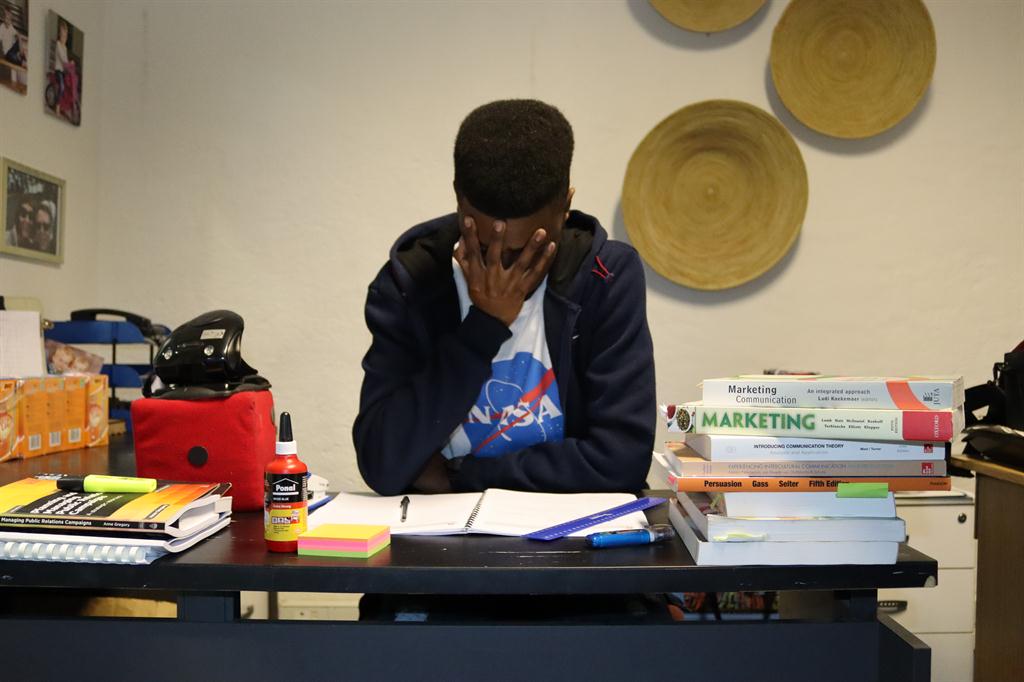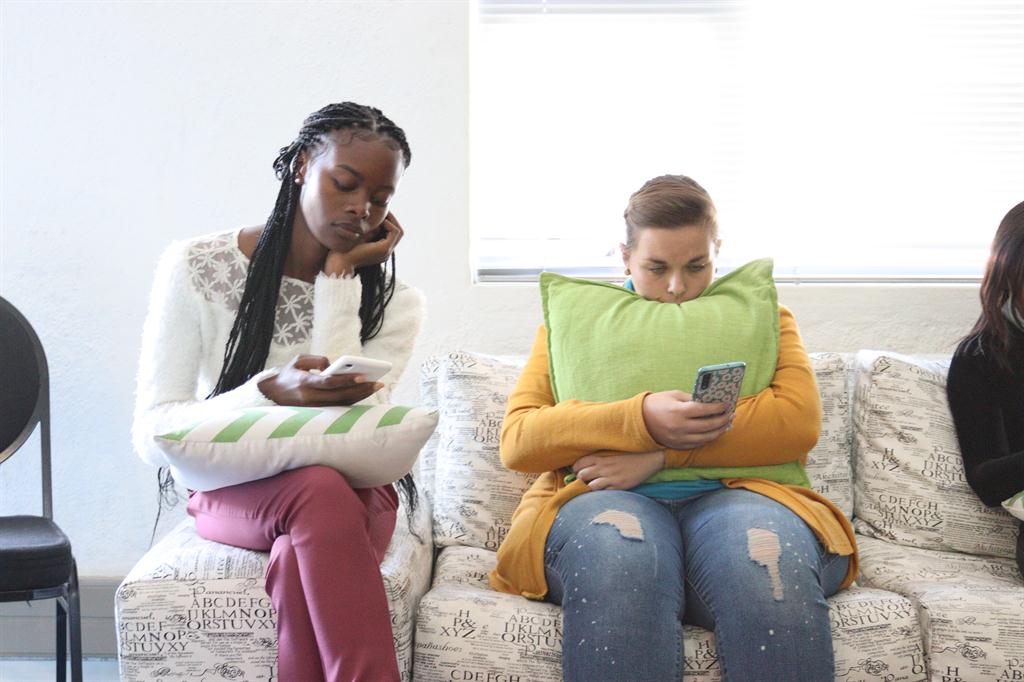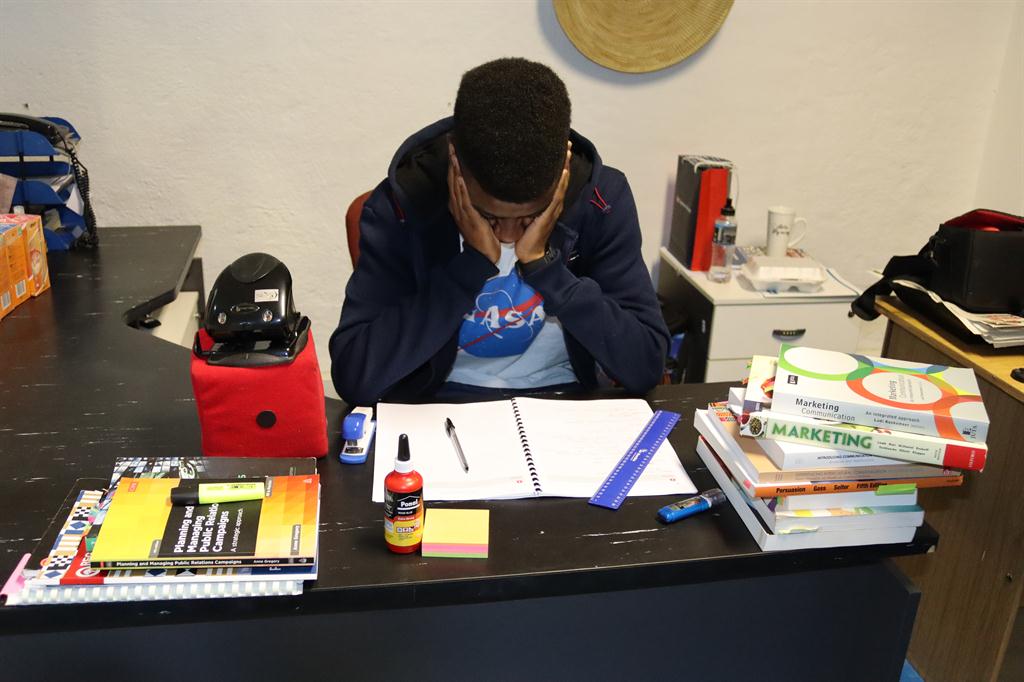Mental health
How social media and academic pressure impact your mental health
Rivaldo KavangaStudents and learners often take to social media to vent about school work and how it’s taking a toll on their mental health. “Will I finish this degree or will this degree finish me?” is a popular phrase students use on social media platforms. The over-usage of social media has also been discovered to be a cause of poor mental health. Mental health is attributed with negative taboos and, as a result, is misunderstood by the average Namibian.
What is mental health?
According to World Health Organisation (WHO), mental health is the state whereby a person understands his abilities and can cope with the normal stresses of life. It includes our emotional, psychological and social well-being. It has an impact on how we think, feel, handle stress and act.
How can schoolwork and social media affect your mental health?
Schoolwork
According to the academic counsellor at the University of Namibia (Unam), Annastasia Siteketa, among university students, mental health challenges can emerge as a result of multiple factors such as adjustments, academic pressure and stress resulting from family or social dynamics.
Schoolwork does not necessarily result in any negative impacts on a student’s or learner’s mental health, however, the mismanagement of time that causes the work to pile up is what can cause a learner to stress. And this stress, if not handled properly, may lead to mental breakdowns and feeling depressed, which, in turn, are forms of poor mental health.
Siteka advises students that may experience mental health challenges not to suffer in silence but to seek professional assistance. This can be done both at Unam or at any nearest hospital.
Social media
Spending an excessive amount of time on social media apps such as Instagram, Facebook, Twitter or WhatsApp can make you feel lonelier, isolated and act as a catalyst for mental health problems such as depression and anxiety. Britney Michyella Kotzeé, a clinical psychology student said “the constant and habitual use of these sites is derogatory on adolescents’ self-esteem and self-worth”. “Social media can instil feelings like envy, rejection, dislike and abandonment when their posts do not get enough likes as they had wished.”
Kotzeé stated that it has also been reported that due to the immoderate use of social media, it has contributed to lack of sleep, which then fosters pessimistic feelings with special regard to anxiety and depression. The biggest concern with social media is the positive reinforcement that comes with the addiction of constantly checking for likes and comments posted on their pictures or videos. This consumes a major part of an individual’s time which could have been spent more productively.
Social media further exacerbates thoughts of inadequacy about your life or appearance as you constantly spend time in front of your screen looking at other people living their best lives.
“Social media can make you feel insecure about how you look or what’s going on in your own life,” a grade 12 learner said. According to her, it also builds fear in your mind of you missing out.
“It makes me feel like I’m not enjoying my youth to the fullest or that I am not having the right type of fun,” she said.
Causes of poor mental health
There are multiple causes of poor mental health which may have altered the way you think and act, such as:
Childhood abuse, trauma or neglect
Not being able to handle stress
Social isolation or loneliness
Drug and alcohol misuse
How to look after your mental health:
Exercise
Talk about your feelings
Manage your time properly to avoid stress
Limit your social media usage
Spend time with people who make you happy.














Comments
My Zone
No comments have been left on this article